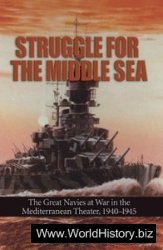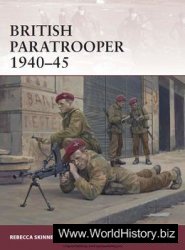Many commentators have emphasized Lanfranc’s role in Anselm’s intellectual development, suggesting that Anselm had received little training before he came to the school at Bec (see esp. Southern 1963, 1990). This view is to be rejected. As previously mentioned, Anselm was engaged in studies in his youth, and it is probable that he received thorough training in the liberal arts and at least some training in theology already in Italy. Some features of
Anselm’s philosophical and theological thinking are reminiscent of the Italian school discussions as attested by Anselm’s elder contemporary Peter Damian. As for the three years that Anselm spent in Burgundy and France, the most plausible scenario is that he was studying and teaching, as Lanfranc had done in the corresponding phase of his career. There are explicit references to contemporary academic discussions in Anselm’s writings, and they assume familiarity with a more developed scholarly environment than the one existing in Normandy. Anselm already was a competent scholar when he arrived at the little school at Bec. Lanfranc hardly had any notable role in Anselm’s intellectual education, but he perhaps influenced Anselm’s decision to pursue a monastic career.
In Southern’s construal (see Southern 1963, 1990), Lanfranc was an eminent dialectician who offered to Anselm a model of how dialectic can be applied to theology. Southern’s evidence for this claim cannot withstand scrutiny (see Holopainen 1996), but it is important to accentuate the role of dialectic in Anselm’s development. Dialectic was a central part of the academic culture at the closing period of the early Middle Ages. Some of the best minds of the eleventh century, from Gerbert to Peter Abelard, spent major parts of their lives studying dialectic. It appears that Anselm was familiar with the same set of sources that served as the starting point for Abelard’s philosophy: the Boethian corpus of early medieval ‘‘old logic.’’ It included Boethius’ translations of Aristotle’s Categoriae and De interpretatione as well as Porphyry’s Isagoge, commentaries on them (one on Categoriae, two on De interpretatione, two on Isagoge), a commentary on Cicero’s Topica, and textbooks on different areas of logic (categorical syllogistics, hypothetical syllogistics, topics, division). The Boethian corpus of dialectic was the most important part of the philosophical library at the time. It offered an array of tools, techniques, and principles that, apparently, could be used for discussing any topic from a rational point of view. Many of Anselm’s contemporaries saw dialectic as the representative of reason.
Another group of texts that highly influenced Anselm are the writings on philosophical theology by Augustine and Boethius. The only one of Augustine’s works that Anselm mentions by title is De trinitate, but he was familiar with a large number of his works. In particular, he had studied carefully some of the ‘‘philosophical dialogues’’ that Augustine had composed early in his career, including Soliloquia, De magistro, and De libero arbitrio. Boethius’ work on philosophical theology includes Philosophiae consolatio and the group of five short treatises known as Opuscula sacra. The works by Augustine and Boethius offered to Anselm a model of theology in which rational analysis is a central ingredient, and it was rational analysis based on dialectical insight. Like Boethius, Augustine was thoroughly familiar with the art of dialectic and frequently made use of it in the context of philosophical theology.
Anselm had first-hand experience of the ancient sources mentioned. He was also familiar with contemporary academic discussions about the same texts and the questions raised by them, but it is difficult to ascertain to what extent he is indebted to his contemporaries because the evidence for the school discussions is fragmentary. Above all, Anselm is an independent thinker who worked out his own unified approach within a broadly Augustinian framework.




 World History
World History









